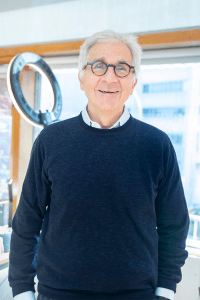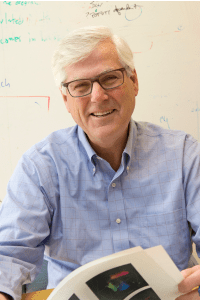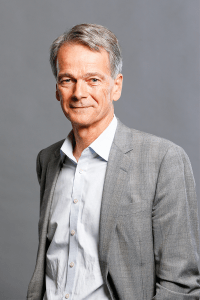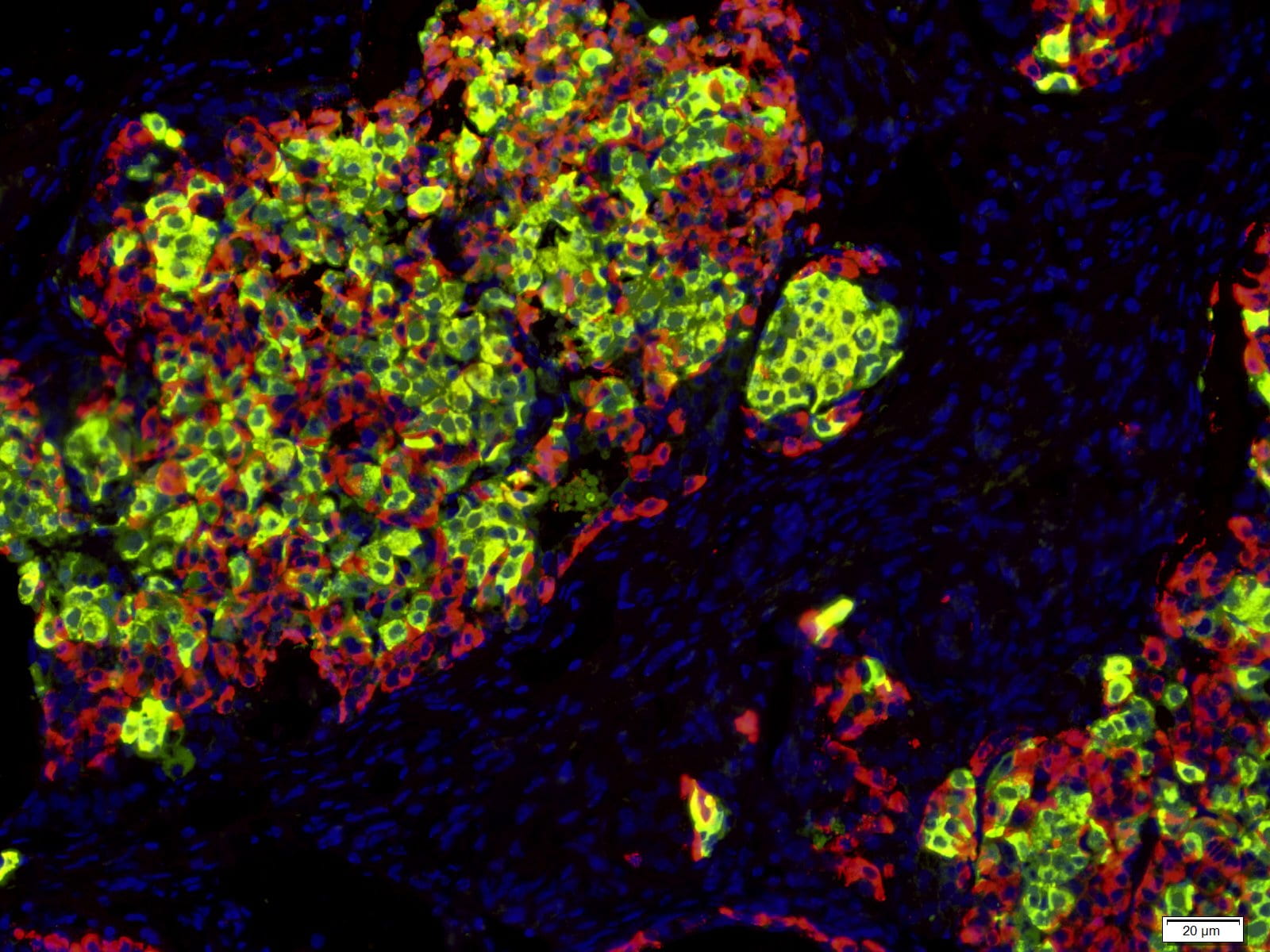One day at the end of last November, we opened the New York Times and immediately saw the front-page headline: “A Cure for Severe Diabetes? For an Ohio Patient, It Worked.”
The news article told the moving story of Brian Shelton, the first patient with Type 1 diabetes to be successfully treated with beta cell replacement therapy. As a participant in a clinical trial run by Vertex Pharmaceuticals, he received a transplant of pancreatic beta cells created using stem cells, which gave him his own source of insulin and drastically reduced the need for daily insulin injections.
This groundbreaking result is the culmination of nearly two decades of work at the Harvard Stem Cell Institute. After showing that the adult body cannot make new beta cells, Douglas Melton embarked on the process of figuring out how to direct embryonic stem cells to become functional beta cells. He further developed the technique into a therapy by launching Semma Therapeutics, which was later acquired by Vertex.
This achievement in cell therapy is exactly the type of transformative work that we set out to do when the institute was founded in 2004. At the time, our goal was to leverage the emerging science of stem cell biology to have a concrete impact on patients and disease. Now, the idea of using cells as medicine is coming into its own, driven by both a deep understanding of fundamental biology and a commitment to clinical application.
As we mark this milestone, we are also looking ahead to what we can achieve together in the next few years. The next step for beta cell replacement therapy is to better protect the transplanted cells from immune attack and rejection. HSCI researchers are investigating the interactions between immune and pancreatic cells, using the knowledge to genetically engineer and mask the beta cells. Beyond diabetes, we are directing our efforts toward stem cell-based therapies for devastating conditions including cancer, heart diseases, nervous system diseases, and many others.
HSCI researchers are conducting a wide range of basic and translational research across the labs of Harvard’s schools and affiliated hospitals, and we are proud of the many advances highlighted in this annual report. Our scientists are dissecting the fundamental biological pathways that give rise to disease, paving the way for new approaches to intervene. In another approach, our researchers are directing stem cells to become specialized cells such as neurons, giving us better lab models to study conditions including Alzheimer’s disease and ALS. HSCI scientists are also fine-tuning our control over cell behavior, for example turning on and off the activity of engineered immune cells, so that they target cancer while limiting side effects.
This report also showcases HSCI’s approach to finding and incubating the next big ideas that will transform the field. Our community is home to imaginative, ambitious young scientists who have a wealth of innovative ideas. We identify high-risk projects that have the potential to change the course of medicine and support them with grants such as the Barry Family HSCI Innovation Award for Early Investigators.
Our projects mature within the unparalleled ecosystem of the Boston area, well known for being a central hub for academic labs, startup and biopharmaceutical companies, and investors. The ecosystem was further strengthened by last year’s announcement of Landmark Bio, a joint Harvard and MIT venture to accelerate the transition of cell and gene therapies from academic labs into the clinic. It is within this unique environment that HSCI researchers have launched over 40 startup companies to date, including two in 2021, which move our discoveries to patients and garner support from investors independent of HSCI.
All of HSCI’s work would not be possible without the sustained support of our donors. Thanks to your continued philanthropy over the years, we have shown that we can create a whole new class of cell-based medicines and make a direct impact on patients’ lives. Your leadership has made all the difference, and we hope that you will join us as we look forward to the many breakthroughs to come.
Sincerely,

Founding Co-Director

Founding Co-Director

Executive Director
